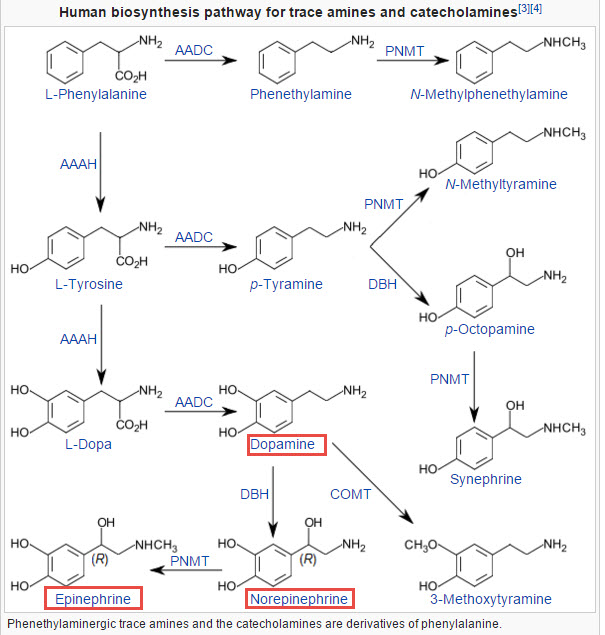How Norepinephrine Can Help You

Adrenaline is a hormone that produces the action of adrenaline. It also produces the hormone nore-adrenaline. Norepinephrine is a vasodilator hormone that increases blood flow and heart rate. Norepinephrine is produced by the adrenal glands and causes heart attacks and strokes.
Epinephrine is not a medicine, it is an allergy, in other words, if you have a reaction to norepinephrine, then you are allergic to norepinephrine. Adrenaline primarily activates beta and alpha adrenergic cells in neurons, while norepinephrine only stimulates alpha receptors. Norepinephrine also affects the respiratory system, heart, and muscles.
Symptoms of an allergic reaction to norepinephrine include chest pain, shortness of breath, nausea, sweating, upset stomach, weakness, dizziness, headache, heart palpitations, chest pain, and fatigue. In some cases, severe symptoms can occur, especially if you have severe allergies. Some people with severe allergies may have trouble breathing for several hours after reacting to norepinephrine. There are some medications that can neutralize the effects of norepinephrine. This medicine should be used with caution because there are other medicines in these medicines that can cause the same symptoms.
Norepinephrine in its basic form is injected directly into the muscle, which in turn triggers the release of adrenaline and the release of nitric oxide. The muscle contracts and blood flow to the area increases. The muscles contract harder and increase the amount of blood in this area. This maintains blood pressure and relaxes the muscles.
There are two types of norepinephrine: neuropeptides and non-neuropeptides. Neuropeptides are responsible for a sense of calm and relaxation. Neuropeptides are responsible for feelings of fear, stress, and anxiety. Norepinephrine has the ability to regulate blood pressure.
Symptoms of a norepinephrine reaction include rapid heartbeat, shortness of breath, heart palpitations, difficulty breathing, and sweating. Other symptoms include dizziness, seizures, nervousness, depression, shortness of breath, tremors, and seizures.
When you take norepinephrine, symptoms of a reaction to norepinephrine include: palpitations, dizziness, shortness of breath, increased heart rate, shortness of breath, increased blood pressure, increased uric acid levels, narrowing of the arteries and heart valves, and anxiety. If you are allergic to norepinephrine and experience any of the symptoms listed above, you should see your doctor immediately. You can also see a doctor who can diagnose your problem and prescribe medication. In severe cases, hospitalization may be required. If you do not get the care you need, you may need to stay in the hospital.

Norepinephrine and other medications have been found to help people who have had heart surgery or have had heart attacks. For people who are trying to control their heart rate or have angina, taking drugs such as lignocaine can cause a dangerous build-up of calcium deposits in the blood vessels in the inner lining of the heart, which can lead to stroke.
Norepinephrine and other drugs can also cause high blood pressure. People who have taken medications such as clonidine can develop hypertension if they stop taking the drugs soon after they were first prescribed.
Norepinephrine and other medications can help people with diabetes. If a person with diabetes needs to inject insulin, it can cause blood sugar levels to drop too low.
Norepinephrine and other drugs can also cause seizures. Some doctors recommend that people with epilepsy take anticonvulsants to prevent seizures. However, some people do not have seizures and therefore do not need to take anticonvulsants.
Norepinephrine and other drugs can have side effects. If you are taking a medicine that you are not sure about, ask your doctor or pharmacist about possible side effects.
